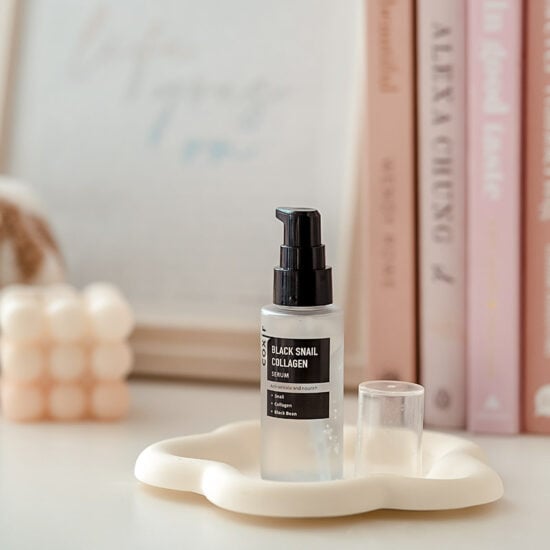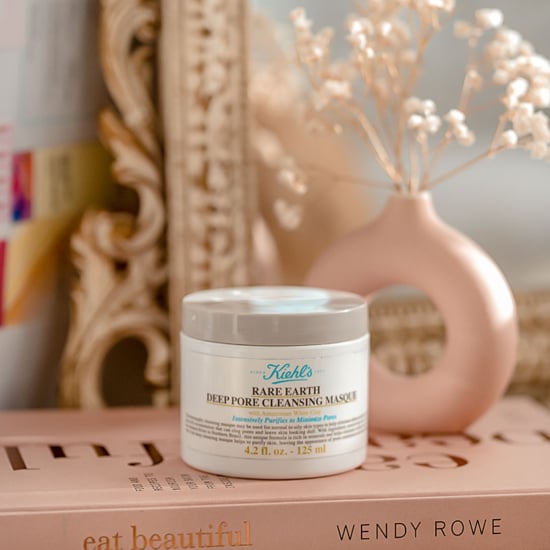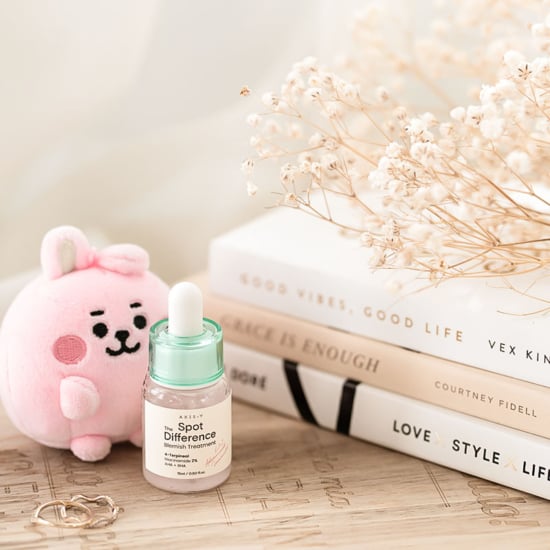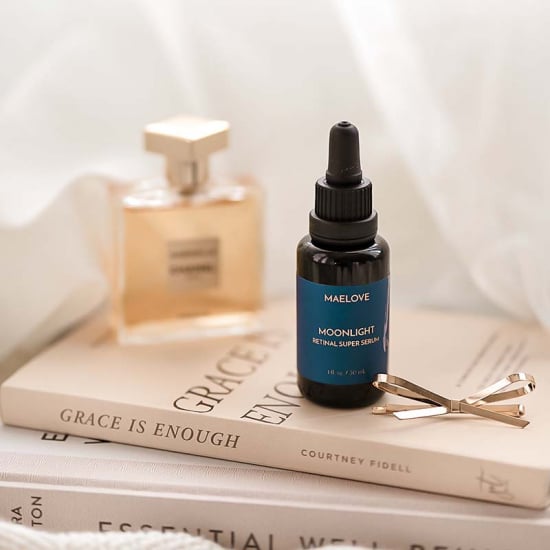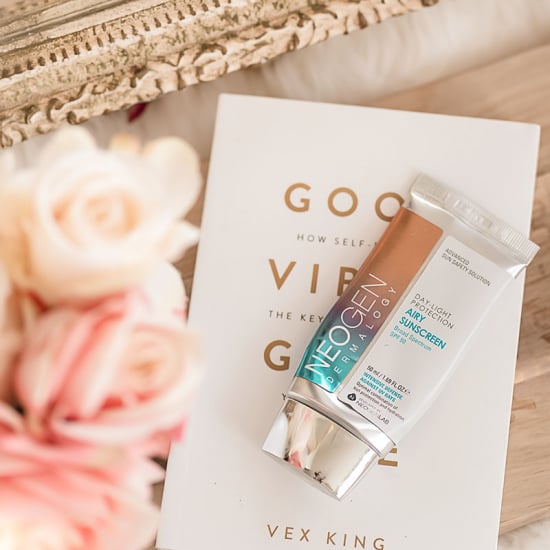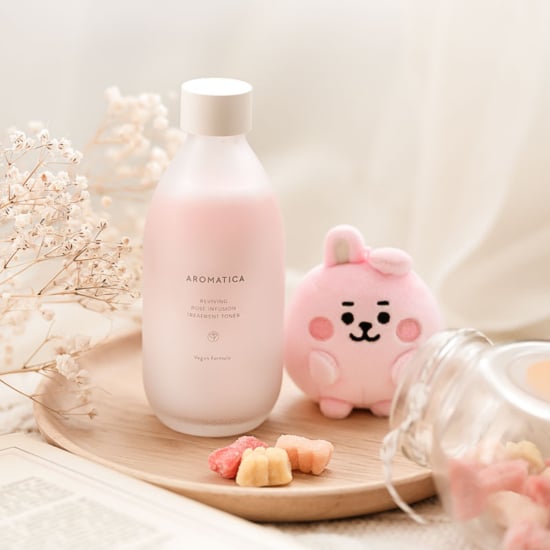A well known ingredient for its ability to soothe our skin, it often appears in its latin name, Aloe Barbadenis. Depending on the formula, the product can use aloe water, aloe extract, or aloe leaf juice powder, but its properties are the same. It’s frequently used in after-sun products, and research suggest that it can help our skin heal from minor burns and wounds (source).
A recent study also shows that orally ingesting aloe vera powder can help prevent UVB damage (source) and improve skin elasticity (source), while applying the extract topically may provide some UVA protection abilities (source). However, more research is required before we can conclude that aloe vera does actually provide UV protection abilities.
- Concentration
- Up to 100%, though at least 5% – 10% is required to get a healing response from the skin (source)
- Potential Issues
- Aloe vera found in cosmetics are generally safe (1/10 on EWG), but I wouldn’t start rubbing your face with your home grown aloe plant. Also, watch out for alcohol and other potential irritants in commercial aloe gels, as those will further irritate your skin.
Products featuring
aloe vera
